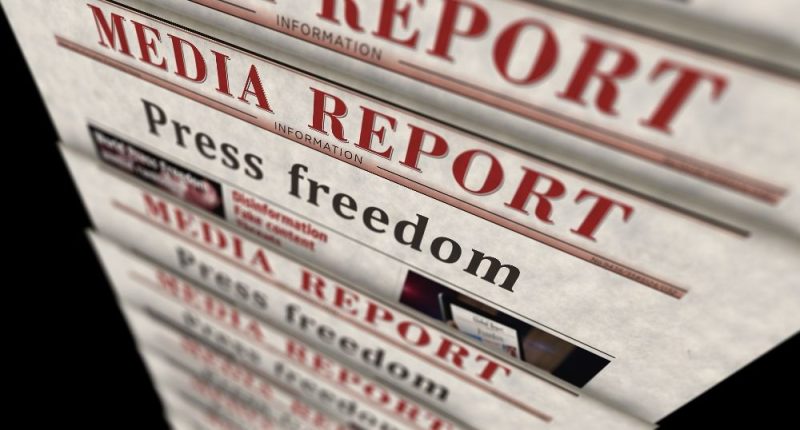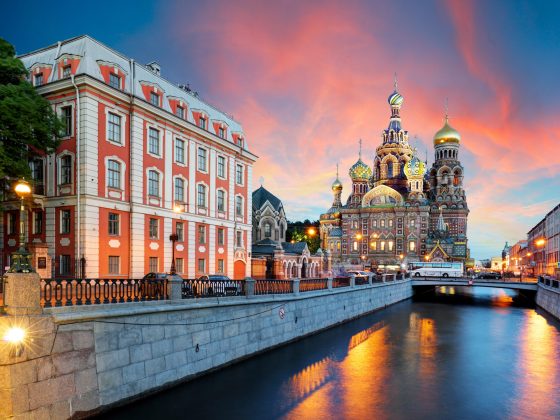In the past decade, Venezuela has seen the closure of more than 400 media outlets, marking a severe crackdown on press freedom under President Nicolás Maduro’s regime.
As political unrest intensifies, this suppression of independent journalism has profound implications for the country’s economy and freedom of expression.
The latest blow came after the disputed July 28th presidential elections, where the government further tightened its control on information flow, limiting access to social media platforms like X (formerly Twitter) and forcing users to rely on VPNs to bypass restrictions.
The restrictions on social media, particularly the blocking of X, represent a broader trend of digital repression designed to silence criticism of the government.
The Venezuelan government, led by Maduro, has been accused of manipulating public discourse and stifling opposition voices.
For millions of Venezuelans, social media was not only a platform for free speech but also a crucial tool for economic activity, communication, and global connectivity.
A decade of media suppression
Over the last ten years, Venezuela has experienced an unprecedented level of media suppression.
According to local NGOs like Espacio Público, more than 400 media outlets have been shut down, significantly reducing the space for free expression.
This censorship is happening in a country with around 17.94 million internet users, representing 61.6% of the population, and 14.05 million social media users.
Despite this, many platforms are increasingly restricted, leaving Venezuelans cut off from the global digital conversation.
The blocking of X and other platforms has not only disrupted freedom of speech but also led to severe economic consequences.
As the country’s economic woes deepen, the restriction of information flow has affected businesses, entrepreneurs, and consumers who rely on these platforms for advertising, market research, and economic decision-making.
Social media as a tool for economic growth
Social media in Venezuela plays a pivotal role beyond communication—it serves as a driver of economic activity.
Platforms like X and Instagram enable businesses to connect with customers, market products, and reach new audiences.
However, with government-imposed restrictions, the ability to operate freely on these platforms is severely curtailed.
Economist Aldo Contreras explained the gravity of the situation in a recent interview with Invezz, stating
Informed societies are societies that make better decisions. When people are deprived of diverse viewpoints, they are left with limited information, leading to poor economic choices.
Contreras also highlighted how government censorship undermines economic freedom by preventing businesses from engaging with their audience on vital platforms.
For entrepreneurs and consumers alike, the lack of access to uncensored information limits opportunities for growth and informed decision-making.
Government-controlled narrative
The Venezuelan government’s tightening grip on information extends beyond the closure of media outlets.
State-owned telecommunications company CANTV plays a critical role in implementing online restrictions, making it difficult for Venezuelans to access platforms without the use of VPNs.
Nicolás Maduro’s administration has frequently blocked social media during politically sensitive events to suppress opposition voices, a practice that has intensified following the July 28th elections.
The country’s restrictive media environment has drawn widespread condemnation from organizations like Reporters Without Borders (RSF), which ranked Venezuela as one of the most repressive nations for press freedom in its 2024 World Press Freedom Index.
Journalists who attempt to report the truth are frequently harassed, jailed, or threatened with criminal charges such as “terrorism” or “inciting hatred.”
Venezuelan journalists face significant challenges in carrying out their work, from navigating censorship to risking their safety.
DelValle Canelón, Secretary of the National College of Journalists, told Invezz that the ongoing repression has reached new heights, particularly after the latest elections, which lacked transparency and were marked by questionable results.
Journalists are now forced to rely on VPNs to access blocked platforms and circumvent government censorship.
Canelón emphasized that this hostile environment severely hampers journalistic efforts, leading to self-censorship, a lack of reliable information, and an oppressive atmosphere where dissenting voices are silenced.
She also pointed out that many journalists face economic challenges, such as low salaries and inadequate resources to purchase the necessary tools to bypass government-imposed restrictions.
Economic impact of media censorship
The consequences of media and social media censorship are not just limited to free speech; they have significant economic repercussions as well.
With social media platforms being essential tools for businesses, the restrictions are stifling Venezuela’s economic growth.
The inability to access or advertise on platforms like X and Instagram leaves businesses with limited means to reach customers, driving down consumer engagement and business opportunities.
As Aldo Contreras noted, the lack of open access to information prevents citizens from making informed economic decisions, further deepening the country’s economic crisis.
This kind of information control serves the government’s interest in maintaining power but at the expense of the broader economy and citizens’ financial well-being.
For Venezuela to move forward, it will require not only political reform but also the restoration of press freedoms and access to unbiased, uncensored information.
Only then can the country begin to recover from its political and economic crises, empowering its people to make informed choices that benefit both democracy and the economy.
The post Venezuela’s media crackdown: Over 400 outlets shut down in a decade appeared first on Invezz


